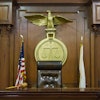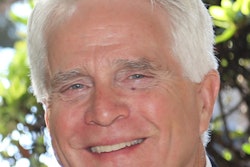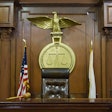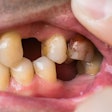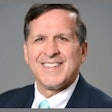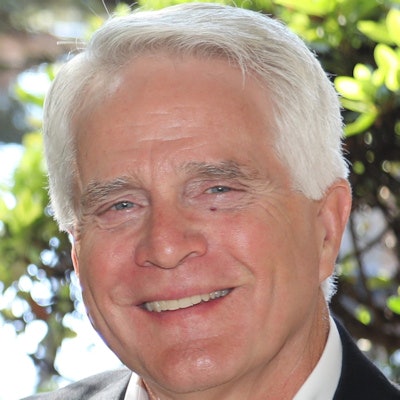
Just when we thought there was some clarity about the Families First Coronavirus Response Act (FFCRA) exemption for healthcare providers, the plot thickens.
On August 3, 2020, a federal judge in New York invalidated the broader "healthcare provider" definition being used by the U.S. Department of Labor (DOL), which included dental offices. This ruling (which, at this time, only affects those in New York) will likely have significant implications regarding who must provide FFCRA paid leave and who might be exempt in the future.
 Tim Twigg.
Tim Twigg.By striking down the DOL's interpretation of the healthcare provider definition, this ruling may effectively reverse the FFCRA exemption alert we sent recently to our Bent Ericksen & Assoc. clients. It is unknown at this time how the DOL will respond, e.g., appeal the ruling or revise the FFCRA language to align with the ruling. The timeline is unknown and may be a long legal process.
As a result, employers are left, for the time being, to make their own decisions about exemption and risks.
If this is the first time you're hearing about all of this, please see the section below titled "How we got here."
So now what?
Here are your current options:
- Provide FFCRA sick leave and family leave for all eligible employees (and potentially roll back any exemption or partial exemption you have claimed).
- Claim or continue to claim that you are exempt from the FFCRA, or portions of the FFCRA, until such time as this is resolved one way or another.
The first option represents the safest and the least risky approach.
If you choose the second option, we recommend (again) contacting your local Wage and Hour Division of the DOL. As always, and especially given the current situation, be sure to get the name and title of the person helping you, and, if possible, get their advice in writing.
How we got here
The FFCRA was passed in March 2020 and took effect April 1, 2020. It provides paid sick leave and paid family leave for six specific qualifying reasons related to COVID-19.
The FFCRA has always contained two separate exemptions:
- The "healthcare provider" exemption is the one discussed above.
- The "small business exemption" is for businesses with fewer than 50 employees that would suffer financially or operationally by providing FFCRA family leave. There are three subcategories with specific criteria. Our FFCRA guide has more details.
Early on, the understanding was that the healthcare exemption was designed for front-line healthcare workers who were critical to providing lifesaving healthcare during the pandemic. Later, the DOL issued the following to clarify who is a healthcare provider:
For the purposes of Employees who may be exempted from Paid Sick Leave or Expanded Family and Medical Leave by their Employer under the FFCRA, a health care provider is anyone employed at any doctor's office, hospital, health care center, clinic, post-secondary educational institution offering health care instruction, medical school, local health department or agency, nursing facility, retirement facility, nursing home, home health care provider, any facility that performs laboratory or medical testing, pharmacy, or any similar institution, Employer, or entity. This includes any permanent or temporary institution, facility, location, or site where medical services are provided that are similar to such institutions.
Despite the phrase "any doctor's office," it was not clear whether this included chiropractors, optometrists, dentists, and others outside the medical and hospital fields.
In late July, we were able to get unambiguous and consistent information from the DOL that its definition of "any doctor's office" was as broad and open-ended as it appeared. Dentists and other doctors were exempt, and, therefore, any employee of a dentist was exempt as well.
On July 27, 2020, we issued an alert announcing that all dentists could be exempt if they chose to be. However, that alert came with cautionary thoughts about the potential downsides of claiming exemption.
And now, as of this writing, we are back in a world of questions and unknowns.
Twigg and his team at Bent Ericksen & Assoc. have compiled a guide -- titled "HR Considerations for Handling Employee Sickness Post-COVID-19: A How-To Guide" -- that is designed to help practitioners navigate the issues of employees being exposed and/or infected.
The comments and observations expressed herein do not necessarily reflect the opinions of DrBicuspid.com, nor should they be construed as an endorsement or admonishment of any particular idea, vendor, or organization.



